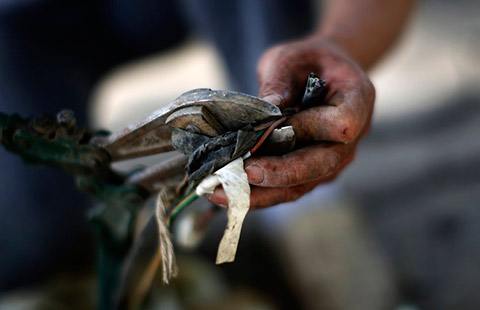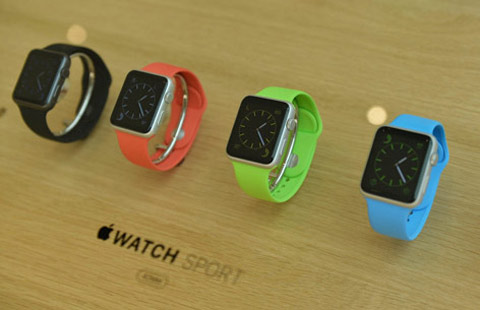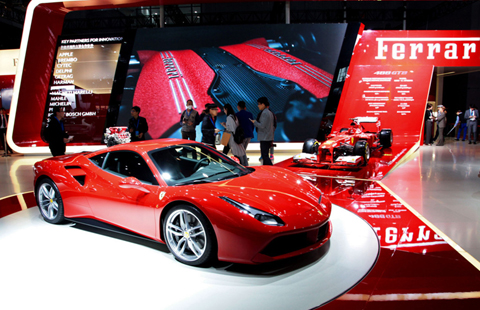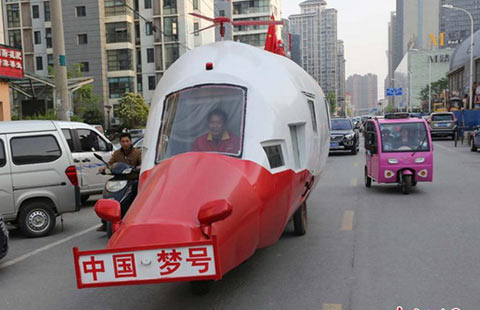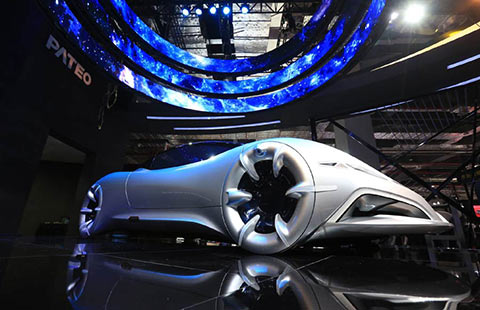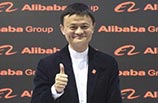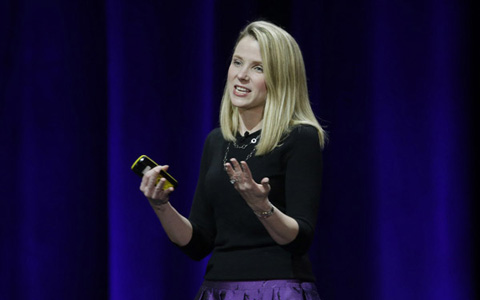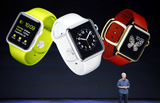Mercedes-Benz fined $56.5m for price fixing
By HAO YAN (China Daily) Updated: 2015-04-24 07:36"The priority is to supervise on a day-to-day basis, rather than launch investigation campaigns and hand out fines," he said.
A long list of carmakers, suppliers and dealerships were investigated for price fixing last year by the National Development and Reform Commission, including Germany's Audi and BMW, the United States car brand Chrysler, and 12 Japanese auto parts companies.
Chrysler was fined 31.6 million yuan, and 10 of the 12 Japanese suppliers were fined a total of 1.24 billion yuan.
Shanghai General Motors, a joint venture between General Motors Co and SAIC Motor Group that manufactures and sells Chevrolet, Buick and Cadillac brand automobiles in the Chinese mainland, was also contacted by the commission during the anti-monopoly storm.
Last year, BMW, Audi, Chrysler, Toyota Motor Corp and Honda Motor Co all announced price cuts for cars or spare parts in response to the anti-monopoly investigations.
Jaguar Land Rover reportedly followed suit for fears of being investigated.
According to the Chinese Anti-Monopoly Law, which took effect in 2008, companies and their dealers are forbidden to restrict or fix the minimum prices of goods.
China is beefing up its anti-monopoly campaign to create a fairer business environment.
The largest anti-monopoly case so far has involved US chipmaker Qualcomm Inc, which was fined 6.08 billion yuan in February for abusing its dominance in wireless technology to charge "unfairly high" licensing fees.
Mercedes-Benz's latest E-Class was launched in April last year, and the latest S-Class variant was launched in August 2013. Mercedes-Benz sold 281,588 cars in China in 2014, 29.1 percent more than the 218,045 units sold in 2013. The volume in China contributed 17.1 percent to the brand's 1.65 million units global deliveries.
Mercedes-Benz has set a sales target of more than 300,000 cars for this year in China. It opened 106 new dealerships last year, marked the brand's largest ever global network expansion, bringing its total to 447 sites in 214 cities.
- China Vanke Q1 core profit falls 59% amid sector weakness
- Green for go as new-energy cars take off
- Top 10 countries with the most electronic waste
- Tomorrow's entrepreneurs
- Auto exporter aims to take driver's seat in innovation
- China approves new area to aid Hunan's development
- AIIB to provide new infrastructure funding avenue, promote China-ASEAN connectivity
- China CITIC Bank's Q1 profit growth slows
